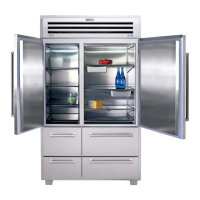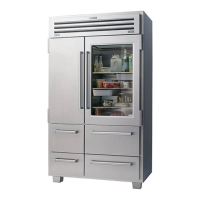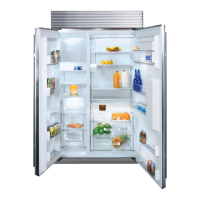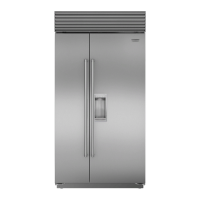22
Form
apples
apricots
asian pears
✔avocados
blackberries
blood oranges
blueberries
✔cantaloupe
cassavas
cherries, sweet
clementines
✔cranberries
figs, fresh
✔grapefruit
grapes
✔guavas
honeydew
kiwifruit
kumquats
✔lemons
✔limes
lychees
✔mangoes
nectarines
✔oranges
✔papayas
peaches
pears
persimmons
✔pineapple
plums/prunes
✔pomegranates
quinces
raspberries
rhubarb
strawberries
tangerines
✔watermelon
Recommended
storage temperature
in degrees F
34-40
34
34
40
34
40-44
34
36-40
34
34
40
36-40
34
50-60
34
40-50
45-50
34
40
50-55
48-50
35
50
34
34-48
45-55
34
34
34
45
34
40
34
34
34
34
40
45-55
Approximate
storage life at
refrigerator
temperatures
3-6 months
1-2 weeks
5-6 months
2-4 weeks
2-3 days
3-8 weeks
10-18 days
10-14 days
1-2 months
2-4 weeks
2-4 weeks
2-4 months
7-10 days
4-6 weeks
8-12 weeks
2-3 weeks
3-4 weeks
4-6 weeks
2-4 weeks
1-5 months
3-5 weeks
3-5 weeks
2-3 weeks
2-4 weeks
3-8 weeks
1-3 weeks
2-4 weeks
2-3 weeks
3-4 months
2-5 weeks
2-4 weeks
2-3 months
2-3 months
2-3 days
2-3 weeks
5-10 days
2-4 weeks
2-3 weeks
Recommended
storage time in
freezer at 0°F
See food preservation
books/guides for
complete instructions
on freezing fruits.
Comments
Wash and dry most fruits, store in crisper
compartment. (Do not wash berries and cherries until
you are ready to use them, however.)
Fully ripe fruits should be stored in the refrigerator at
recommended temperatures, to slow down the ripening
process.
Unripe fruits should be left to ripen at room
temperature, in a container that allows for air
circulation.
To hasten the ripening process, you can place unripe
fruit in a paper bag that has holes poked in it. Close
the bag and set it on a counter. The fruit will produce
ethylene, a gas that initiates the ripening process.
Check the bag each day.
Most fruits should be stored in lower humidity.
Discard any fresh fruits that are moldy or have other
signs of spoilage, and wipe out the refrigerator
compartment.
See page 24 for a list of ethylene sensitive and ethylene
producing vegetables and fruits.
✔indicates fruit that is sensitive to chill injury, a cause
of spoilage. Damage may not be apparent until the fruit
is returned to a warmer temperature.
Fresh Fruits
eeping food at its best
K
eeping
food at its best

